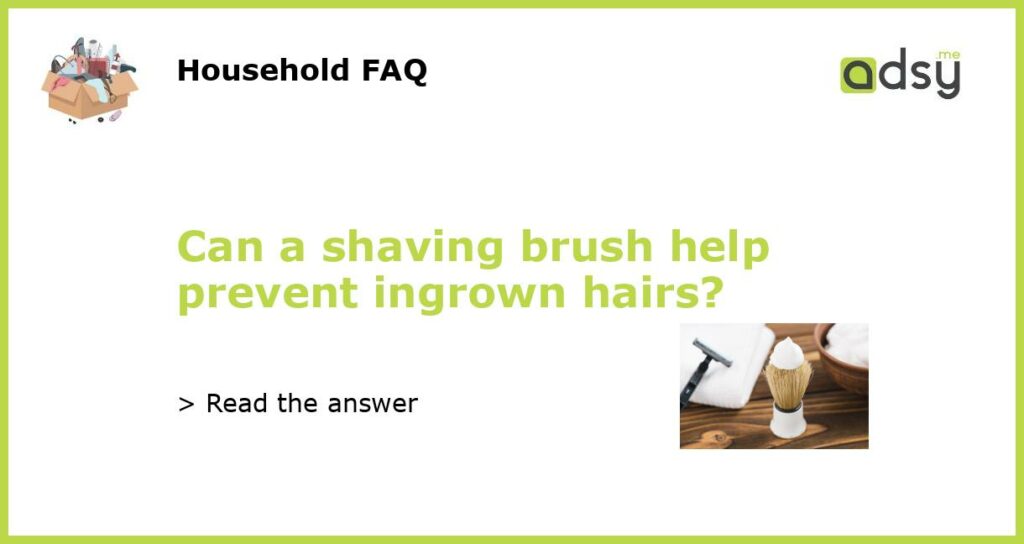What are ingrown hairs?
Ingrown hairs are a common skin condition that occurs when a hair grows back into the skin instead of out of it. This can result in small, red bumps or irritated, inflamed skin. Ingrown hairs can occur anywhere on the body, but are most commonly found in areas that are regularly shaved, such as the face, neck, armpits, or bikini area.
What causes ingrown hairs?
Ingrown hairs can be caused by a variety of factors, including improper shaving techniques, tight clothing, and certain skin conditions. When a hair is cut too short or at an angle, it can have a difficult time growing out of the skin. Additionally, tight clothing can trap hairs against the skin, increasing the likelihood of ingrown hairs. People with curly or coarse hair are also more prone to ingrown hairs because the hair tends to curl or grow back into the skin after it has been shaved or waxed. Certain skin conditions, such as folliculitis or pseudofolliculitis barbae, can also increase the risk of ingrown hairs.
The role of a shaving brush
A shaving brush is a grooming tool that is used to apply shaving cream or soap to the face or body before shaving. It is typically made with bristles, which can be natural (such as boar or badger hair) or synthetic. By using a shaving brush, you can create a rich lather that helps to lift the hairs away from the skin and soften the hair, making it easier to shave. This can help to reduce the risk of ingrown hairs by ensuring that the hair is properly lifted and cut at the correct angle.
Benefits of using a shaving brush
Using a shaving brush can provide several benefits that can help prevent ingrown hairs. Firstly, the bristles of the shaving brush can help to exfoliate the skin, removing dead skin cells and reducing the likelihood of clogged hair follicles. This can help to prevent hairs from becoming trapped or growing back into the skin. Secondly, a shaving brush can help to evenly distribute shaving cream or soap, ensuring that every hair is adequately coated and lifted away from the skin. This can result in a closer, smoother shave and reduce the risk of ingrown hairs. Finally, using a shaving brush can also help to soften the hair before shaving, making it easier to cut and less likely to grow back into the skin.
Tips for using a shaving brush to prevent ingrown hairs
If you want to use a shaving brush to help prevent ingrown hairs, here are a few tips to keep in mind:
- Choose the right shaving brush for your needs. There are different types of shaving brushes available, so choose one that meets your preferences and skin type.
- Use a quality shaving cream or soap. The quality of the shaving cream or soap that you use can make a big difference in preventing ingrown hairs. Look for products that are specifically formulated for sensitive skin or prone to ingrown hairs.
- Soak the shaving brush in warm water before use. This will help to soften the bristles and make them more effective at creating a lather.
- Apply the shaving cream or soap in a circular motion using the shaving brush. This will help to lift the hairs away from the skin and ensure an even distribution of product.
- Avoid pressing too hard with the shaving brush. Use gentle, circular motions and let the bristles do the work.






